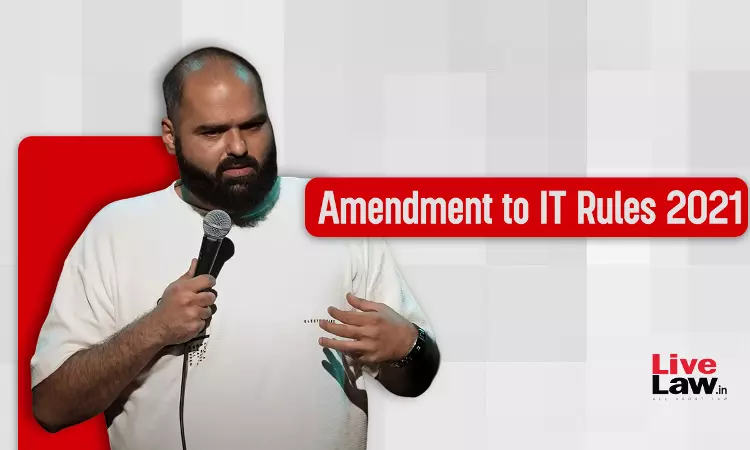The Bombay High Court on Thursday wondered if statements made during the election campaigns next year would be considered “business of the government” and a publication questioning the correctness of such statements would be covered by the 2023 amendment to IT Rules, 2021 empowering government to identify “fake or misleading news” about itself.“As we are approaching 2024, people will...

